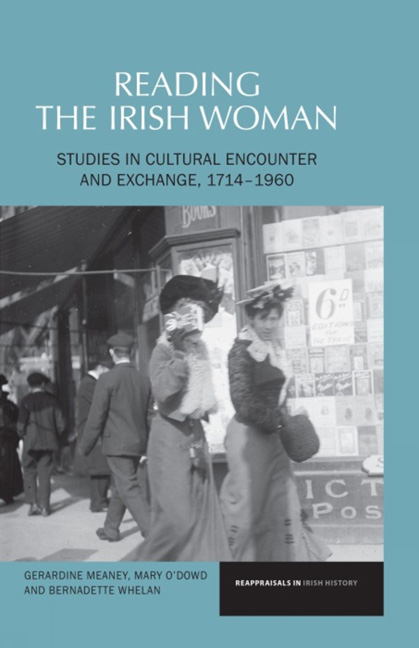3 - The Emigrant Encounters the ‘New World’, c.1851–1960
from Emigration
Summary
Introduction
Irish women's encounters with Enlightenment ideas about female education and societal roles were complex and defining for some women. The first section argued that there was a radical and a moderate view on women's role and status emanating from contrasting concepts of equality between the sexes. Roman Catholicism, embourgeoisement and Enlightenment influences combined to shape the values of Catholic society as well as to define female behaviour in the pre-Famine period. The two chapters in the first case study in the volume, suggest that most women were influenced one way or another by at least a moderate view of equality. By the eve of the 1845–53 Famine, the woman reader, the school-going girl, the female religious and the woman patriot had expanded definitions of womanhood at least for upper- and increasingly middle-class women. This would continue with the female emigrant who is the focus of the next case study. She also exercised an element of choice and control over her life albeit within the wider context of the family.
Emigration became an integral part of Irish society. Irish arrivals in the USA peaked at 1.8 million in 1890, and ten years later the second generation Irish in America exceeded 3.3 million. By 1931 mass migration to the USA almost ceased. When emigration to the USA resumed after 1945, it was still small relative to Britain, but significant in terms of the ‘continuity of Irish migration … and the perpetuation of Irish and ethnic community life’. In other words, despite the decline in departures for the USa after 1931, a depth of contact was set and the encounter became two-way in the form of the ‘return tide’ of emigrants, money, letters and packages. On the eve of the Famine, the concept and reality that was ‘America’ had already changed many Irish women's lives, both those leaving and those staying behind. The latter's lives were continuously effected by the subsequent indirect contact with American society and in time the ‘return tide’. This chapter examines how knowledge of America entered Irish women's lives through the emigrant experience; the nature of that two-way encounter…
- Type
- Chapter
- Information
- Reading the Irish WomanStudies in Cultural Encounters and Exchange, 1714–1960, pp. 87 - 129Publisher: Liverpool University PressPrint publication year: 2013



